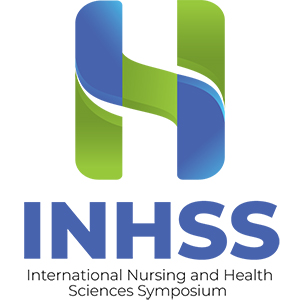Knowledge and peer support for increase Menstrual Hygiene Management (MHM) in adolescents

Published: 9 February 2023
Abstract Views: 1227
PDF: 421
Publisher's note
All claims expressed in this article are solely those of the authors and do not necessarily represent those of their affiliated organizations, or those of the publisher, the editors and the reviewers. Any product that may be evaluated in this article or claim that may be made by its manufacturer is not guaranteed or endorsed by the publisher.
All claims expressed in this article are solely those of the authors and do not necessarily represent those of their affiliated organizations, or those of the publisher, the editors and the reviewers. Any product that may be evaluated in this article or claim that may be made by its manufacturer is not guaranteed or endorsed by the publisher.
Similar Articles
- Peni Perdani Juliningrum, Lantin Sulistyorini, Layinatul Qoriah, Ira Rahmawati, Nuning Dwi Merina, Relationship between peer conformity and reproductive health maintenance behaviours among early adolescent girls in Islamic boarding schools , Healthcare in Low-resource Settings: Vol. 12 No. 3 (2024): Transforming Healthcare in Low-Resource Settings: a Multidisciplinary Approach Towards Sustainable Solutions, Part III
- Ega Ersya Urnia, Dini Indo Virawati, Cristinawati B.R. Haloho, Increasing young women's knowledge of early marriage issues through audiovisual media intervention , Healthcare in Low-resource Settings: Vol. 11 No. 2 (2023): Transforming Healthcare in Low-Resource Settings: a Multidisciplinary Approach Towards Sustainable Solutions, Part I
- Ferina Ferina, Dian Nur Hadianti, Yulia Ulfah Fatimah, Dark chocolate as a non-pharmacological alternative to reduce dysmenorrhea in adolescents , Healthcare in Low-resource Settings: Vol. 11 No. 2 (2023): Transforming Healthcare in Low-Resource Settings: a Multidisciplinary Approach Towards Sustainable Solutions, Part I
You may also start an advanced similarity search for this article.

 https://doi.org/10.4081/hls.2023.11193
https://doi.org/10.4081/hls.2023.11193




